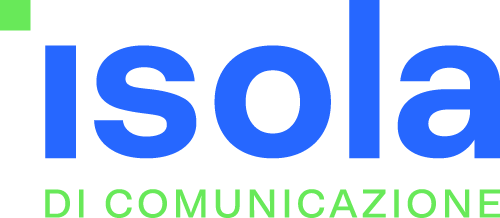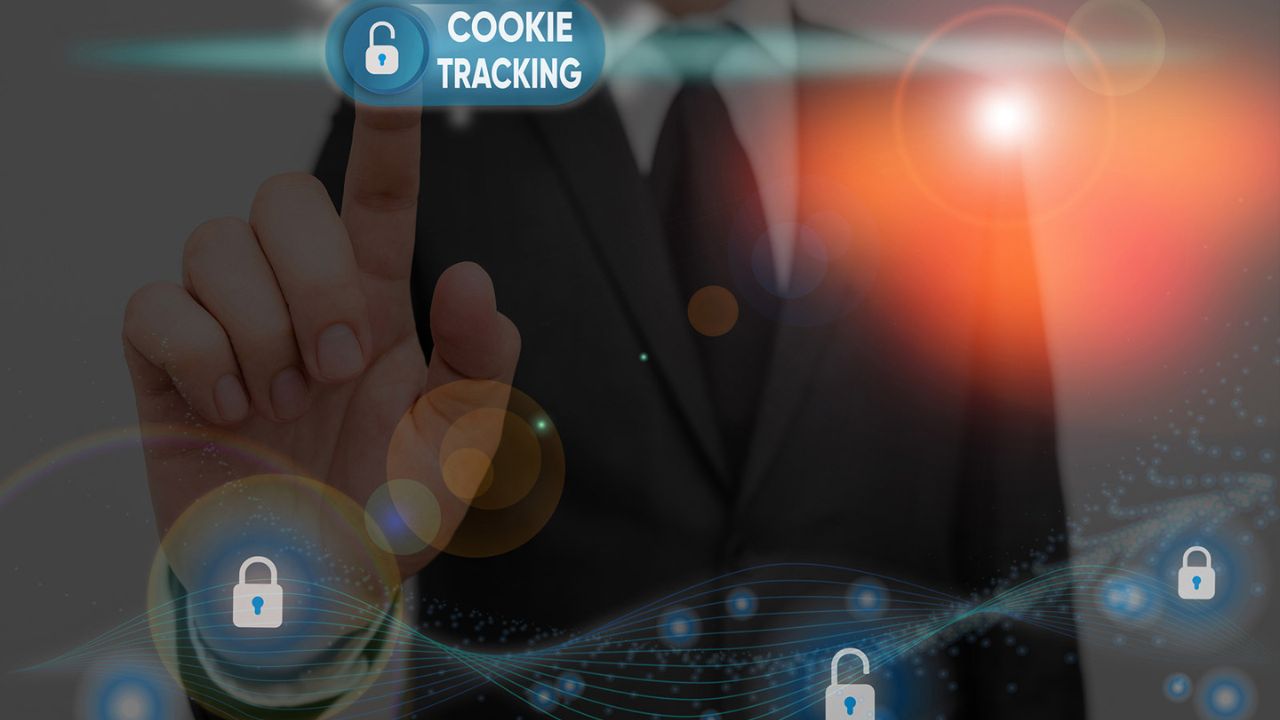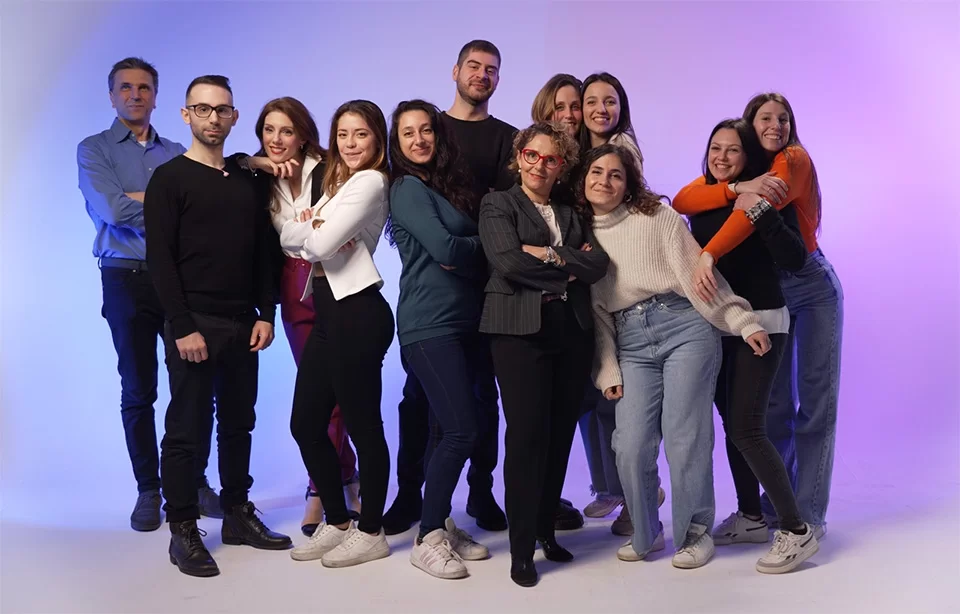Every time you open a link you are asked to give your consent to tracking, but what exactly are cookies on the Internet? We have all asked ourselves this question, and by reading the next few lines you will find the answers you need.
So let’s see together what these tools are for and what types exist: read on!
What are cookies on the Internet
Internet cookies are small files that are downloaded to your computer when you access a website and give your consent to profiling. Specifically, they are generated by the server that is home to the portal and sent to your browser, which is the application you use to browse the web(Google Chrome, Safari, Firefox etc).
This exchange between PC and platform allows the site to recognize your computer and provide you with apersonalized and rewardingbrowsing experience, precisely because it takes into account your previous behavior.
What cookies are used for
When you link to an online page and agree to the cookie policy, you are giving your permission for minimal amounts of data to be stored on your account. Mainly, the information that is recorded relates to such things as:
- language selection if the domain is international
- The products placed in the shopping cart and the currency you intend to use if it is an e-commerce
- username and password if a restricted and personal area is provided
So, should this tool not exist, you should always enter them every time you load the same website. In fact, it makes your experience on thaturl much easier.
As you have seen, in most cases these are not dangerous elements. However, they are still means of tracking and can collect sensitive data that you would not want to disseminate to other portals than the one for which you have given your consent. Precisely for this reason, the Privacy Guarantor in Italy has provided for very strict and continuously updated regulations about their use.
The latest changes were approved on July 10, 2021, and you can find them on the official website of the body. If you are interested in finding out what they have specifically covered, read our article in which we explain in simple words the new cookie regulations of July 2021.
What types of cookies exist on the Internet

There are many different cookies on the Internet each with its own specific function. The first major distinction we can make involves two types:
- First-party cookies – In this case your information is saved only by the site you visit.
- Third-party cookies – The same data is also sent to other platforms. It is in this situation that the main privacy issues arise.
In addition to this classification, there are two main types of cookies on the Internet:
- session cookies
- technical or statistical or persistentcookies
Session cookies
Session cookies are the most secure version because they allow the portal to remember user data only as the user navigates and moves from one page to another. When the session ends, the information is deleted. Thus, each new login will be seen as a new visitor about whom absolutely nothing is known.
Technical (or statistical or persistent) cookies.
Conversely, technical cookies-which are the most common type-are nearly permanent and store your behavior even after you leave. In general, they are used to keep track of information such asauthentication, so that you don’t always have to enter your email, name and password.
They also remember the composition of the shopping cart left without payment in e-commerce, or the sections you visited most frequently to suggest products related to your interests.
What to do in the presence of cookies
If you are wondering what to do about cookies and would like our advice, we need to look at two different cases:
- If you are a user – In all reliable portals, cookies are not dangerous. On the contrary: they help you navigate. If you visit authoritative sites, don’t mind giving your consent. On the contrary, if the platform seems suspicious to you, avoid accepting them: they cannot harm your computer, but it is possible for good hackers to use them to obtain personal information.
- If you are the site owner-When you are on the other side, it is necessary to update and comply with all the rules in order not to run into unpleasant surprises. In fact, we at Isola di Comunicazione have already updated all the sites we manage following the changes introduced in early July that we mentioned a few lines above. Visit our portfolio to discover some of them.
In case you are not sure if you are in compliance, contact our professional communications agency professionals to get a consultation and figure out how to adapt your digital space to the new laws!
Similarly, if you would like to build a website, create a landing page or develop an e-commerce for your business rely on us: our web agency is already up-to-date!






